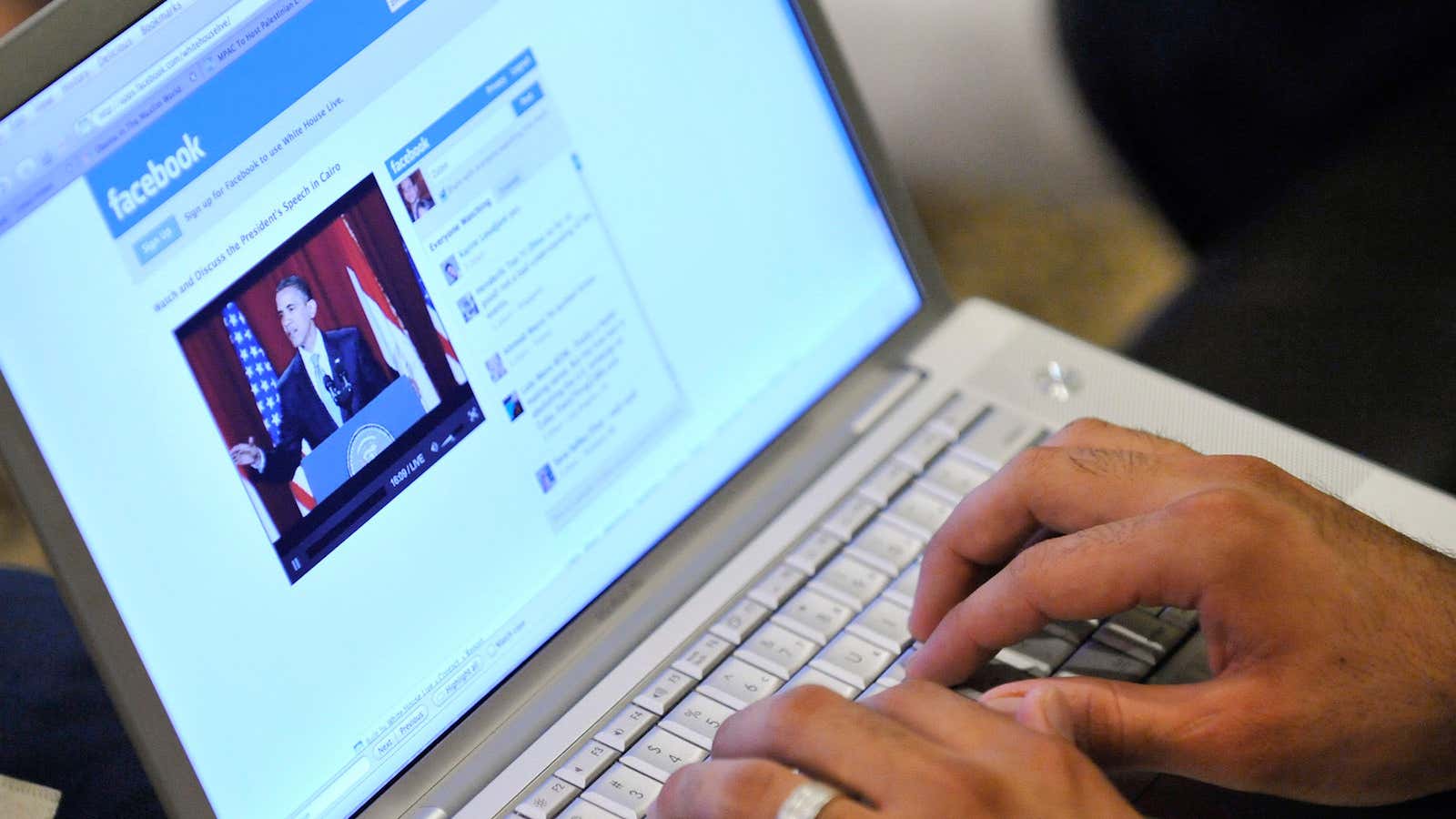Back in the 13th century, scholars, and clerics complained about having an overwhelming abundance of books to read. One wonders what they would make of the constant stream of animal videos, articles, lists, gifs, blog posts and status updates that characterize the digital age.
Many people today struggle with information overload. We shift our attention between online and offline activities every 45 seconds, according to Gloria Mark, professor of informatics at the University of California at Irvine. Performing these kinds of mental gymnastics can lead to fatigue, stress, and poor decision-making. In a survey of 2,000 listeners for my podcast, Note to Self, 65% said that information overload affects their sleep. Over 45% reported headaches as a result of too much social media, email and online browsing. Nearly 30% had an internet-bred eye twitch. And one in three said that information overload was affecting their close relationships.
Clearly, we need to think harder about what all this information consumption is for—and how to address its impact on our work, relationships and health. With that in mind, Note to Self has been exploring how daily behavior modifications and specific goals can help people find focus (and maybe even a bit of peace) in their plugged-in lives. A few recommendations:
1) Set an information goal
Psychological research has shown that setting goals also helps us remember the information we take in. Your goal might be to be more in tune with yourself, more creative, more knowledgeable about a specific skill or subject, more connected with family and friends, or more up to date on the news. Whichever one you pick, it can serve as a filter in helping you be more choosy about the media you take in.
Filtering this way leaves us with information on a consistent theme, or “schema,” as Dr. Daphna Shohamy, professor of psychology at Columbia University, explained to me. This can help people more easily make connections between ideas and “is something that we know is really helpful for memory,” she tells Quartz. So, for example, during my week of consuming information that would help me be more creative, I chose to only listen to podcasts that included an interview with an artist or thinker whose creative work I admired. (The David Bowie interview with Terry Gross was particularly inspiring.)
2) Give up on multitasking
Lots of people pride themselves on being good multi-taskers. It’s also a complete myth. “You’re not actually doing four or five things at once, because the brain doesn’t work that way,” neuroscientist Daniel Levitin told me in an interview for the podcast. Even though it may not feel that way, our executive system can only truly focus on doing one thing at a time. “Instead, you’re rapidly shifting from one thing to the next, depleting neural resources as you go.”
So rather than dart back and forth between email, Word, Twitter and a blinking Gchat window, make an active choice to do one thing at a time. You may discover, as many of my participants did, that tasks they previously found tough to get through not only went faster but felt easier to do. (Students, for example, told me that school seemed to come easier and that they felt smarter, simply because they had stopped texting while hitting the books.)
3) Organize your apps
Take a cue from Marie Kondo, author of The Life Changing Magic of Tidying Up, and delete any apps that don’t bring you joy. Then take the remaining apps and move them into a single folder on your phone. You’ll have to open the apps by searching for them by name. That means whenever you want to check the latest sports scores or scroll through Instagram, you’ll have to make an active decision to do so—rather than simply tapping through because you saw the app on your phone.
4) Discuss something you’ve heard, read, or watched with another person—for at least seven minutes
Too often, technology seems to isolate us from one another rather than allowing us to forge connections. One way to push back against this phenomenon is to use our media consumption as fodder for real-life conversation. So grab a buddy and debate a think piece, discuss a scientific breakthrough or analyze Beyoncé’s latest music video. And even if the conversation hits a lull, stick it out—according to psychologist Sherry Turkle, it takes at least seven minutes to find out whether a conversation is going to be interesting or worthwhile.
The problem of information overload may seem relatively trivial—but it can have big repercussions for our physical and mental health. So rather than letting technology rule our lives, let’s find ways to use it to serve us.
